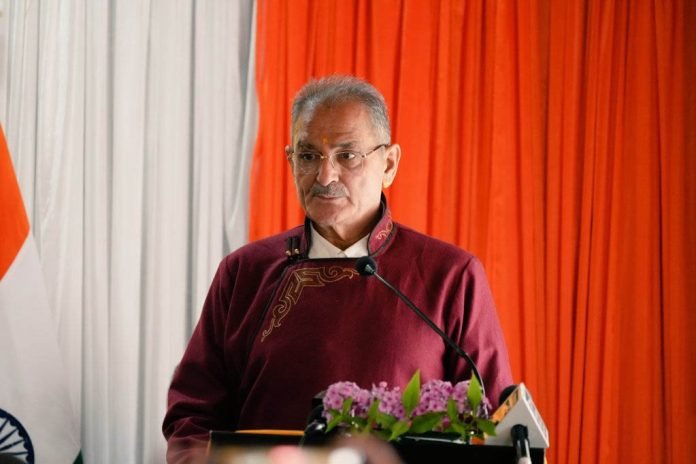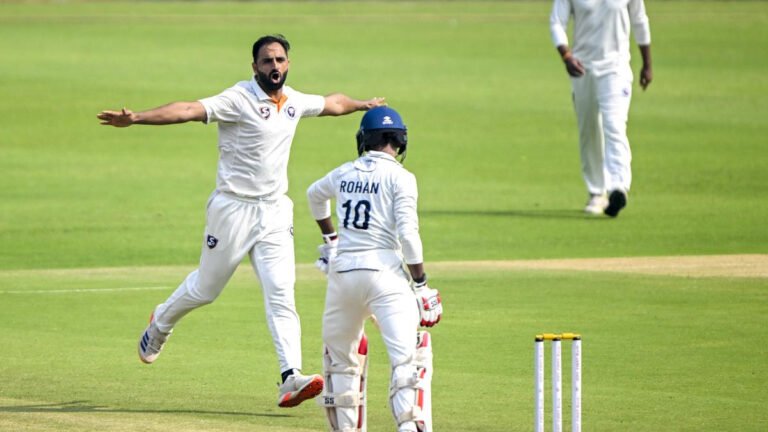Senior Bharatiya Janata Party (BJP) leader Kavinder Gupta was sworn in as the new Lieutenant Governor (LG) of Ladakh on Friday, just days after his official appointment by President Droupadi Murmu. The oath-taking ceremony took place at the Ladakh Raj Niwas in Leh, where Justice Arun Palli, Chief Justice of the Jammu and Kashmir and Ladakh High Court, administered the oath.
Gupta’s appointment reflects his extensive experience in both government and party roles. A prominent face in Jammu politics, Gupta served as Deputy Chief Minister of Jammu & Kashmir for 51 days in 2018 during the BJP-PDP coalition government. He resigned when the BJP withdrew support from Mehbooba Mufti’s leadership.
From 2005 to 2010, Gupta held the position of Mayor of Jammu for an impressive three consecutive terms—an achievement unmatched in the city’s history. He has also worked as General Secretary of the BJP’s state unit and led the Bharatiya Janata Yuva Morcha (BJYM) in Jammu & Kashmir for two consecutive terms between 1993 and 1998.
Read also: Kavinder Gupta Appointed Lieutenant Governor of Ladakh: A Political Veteran’s New Role
Electoral Success and Legislative Roles
In the 2014 Assembly elections, Gupta won the Gandhi Nagar constituency, defeating senior Congress leader Raman Bhalla. After the BJP-PDP alliance formed the government, Gupta was unanimously elected as Speaker of the Legislative Assembly, showcasing his leadership credentials and acceptance across party lines.
Grassroots Beginnings and RSS Background
Born and raised in the Janipur area of Jammu, 66-year-old Gupta has long been involved in ideological and grassroots political work. In his early years, he served as Secretary of the Vishva Hindu Parishad (VHP) and was an active member of the Rashtriya Swayamsevak Sangh (RSS). Notably, he spent 13 months in jail during the Emergency for his political activities as an RSS worker.
Kavinder Gupta’s appointment as Lieutenant Governor of Ladakh brings a seasoned political strategist and administrator to a region of growing national significance. His diverse experience—ranging from municipal governance and legislative leadership to party organization and ideological activism—positions him well to steer Ladakh’s administrative and developmental priorities in the years ahead.

















